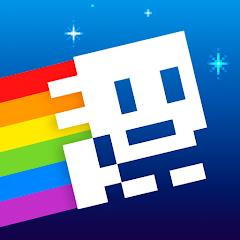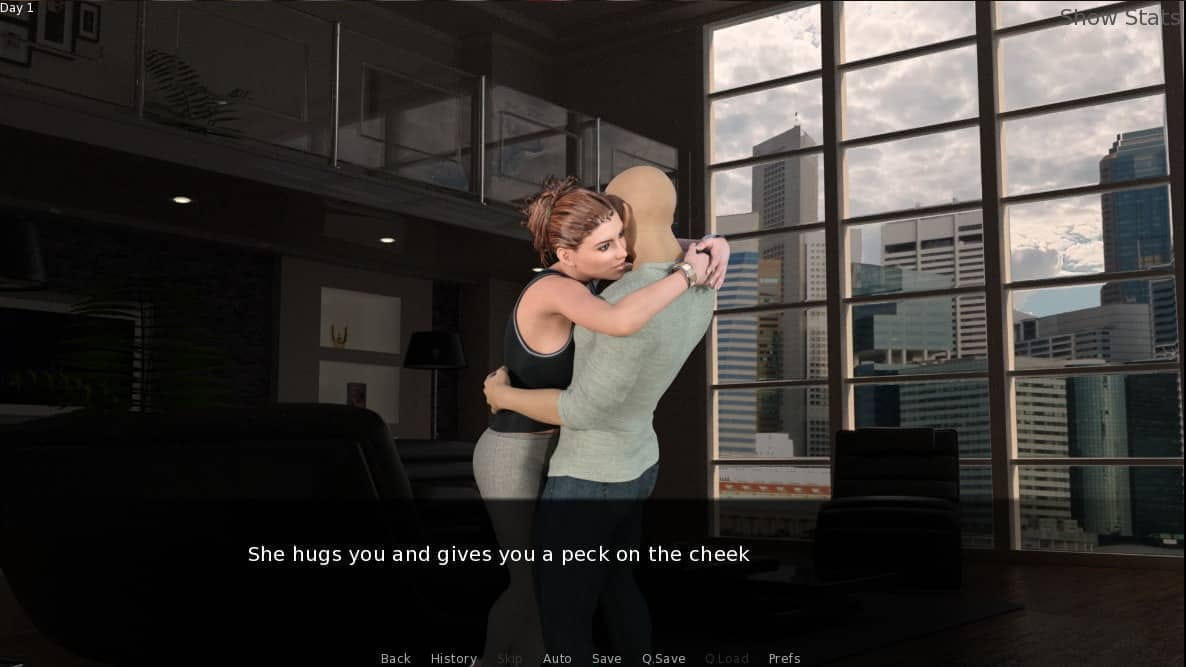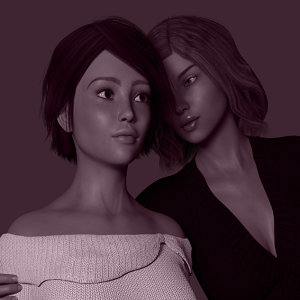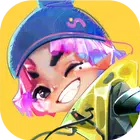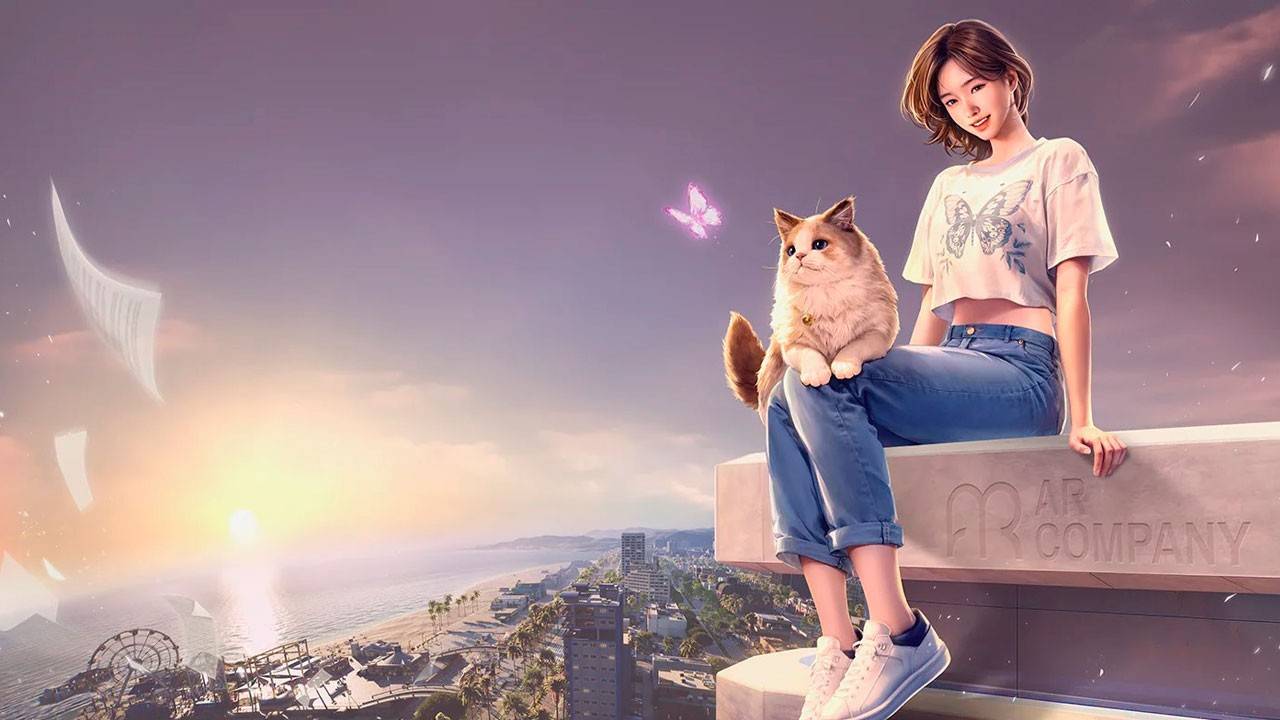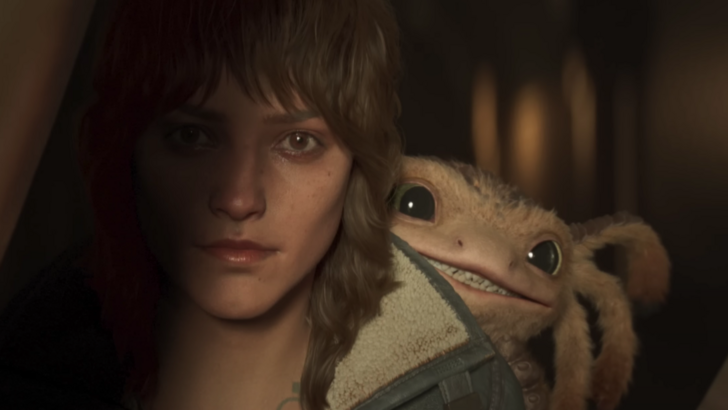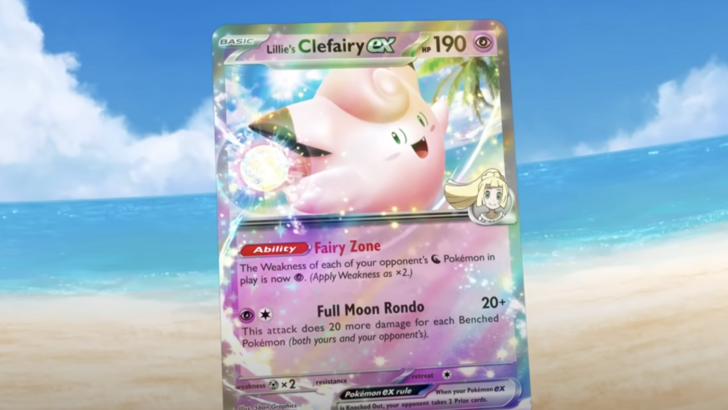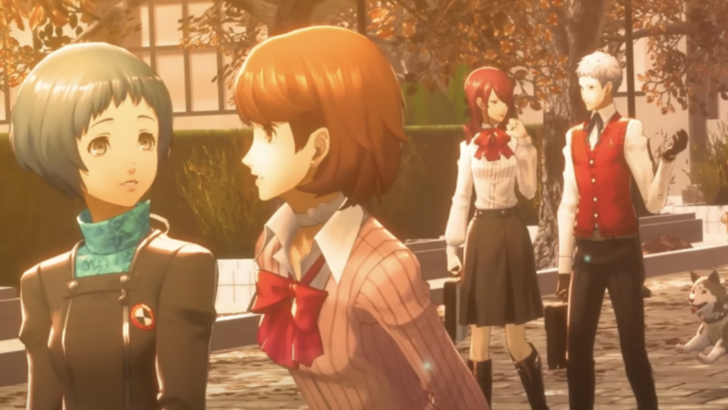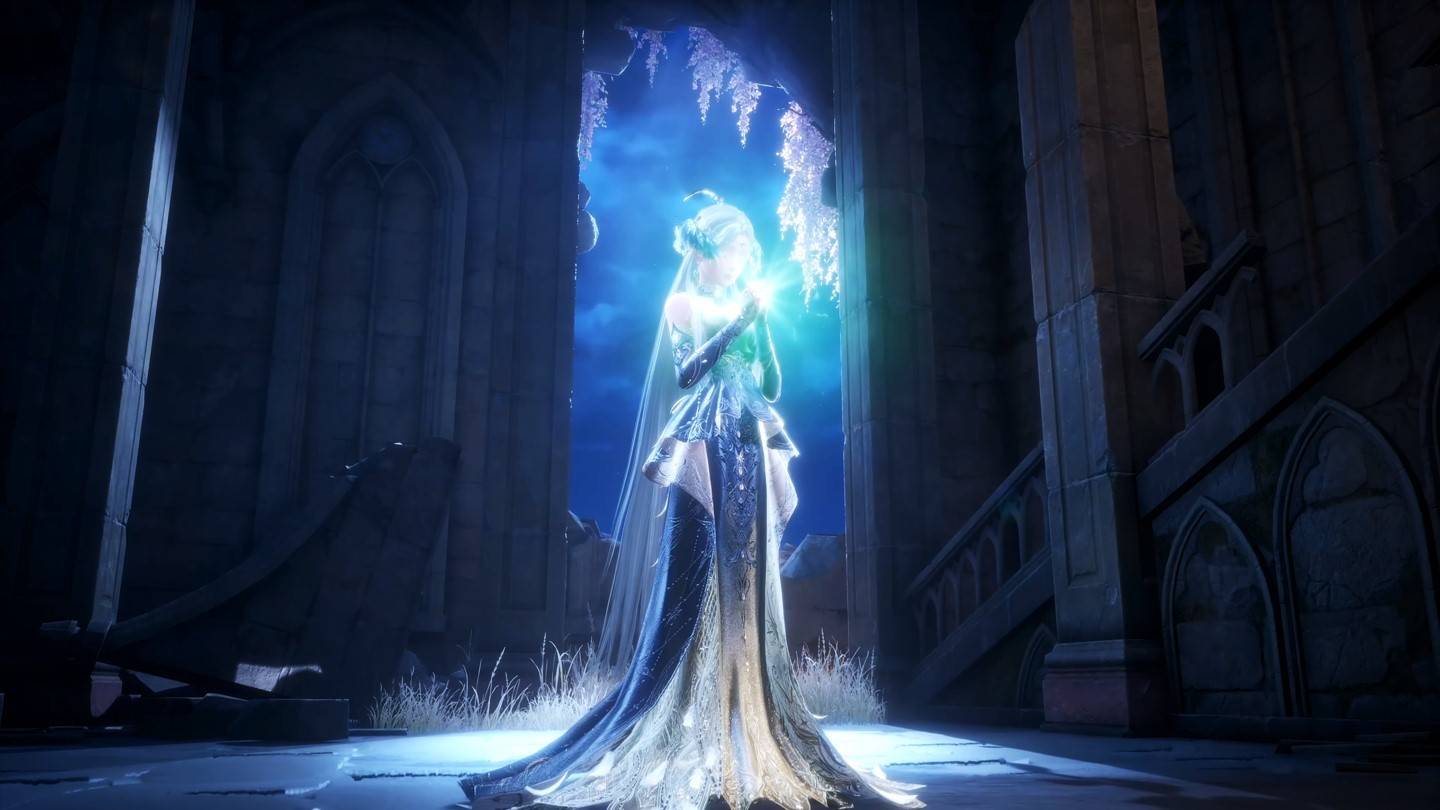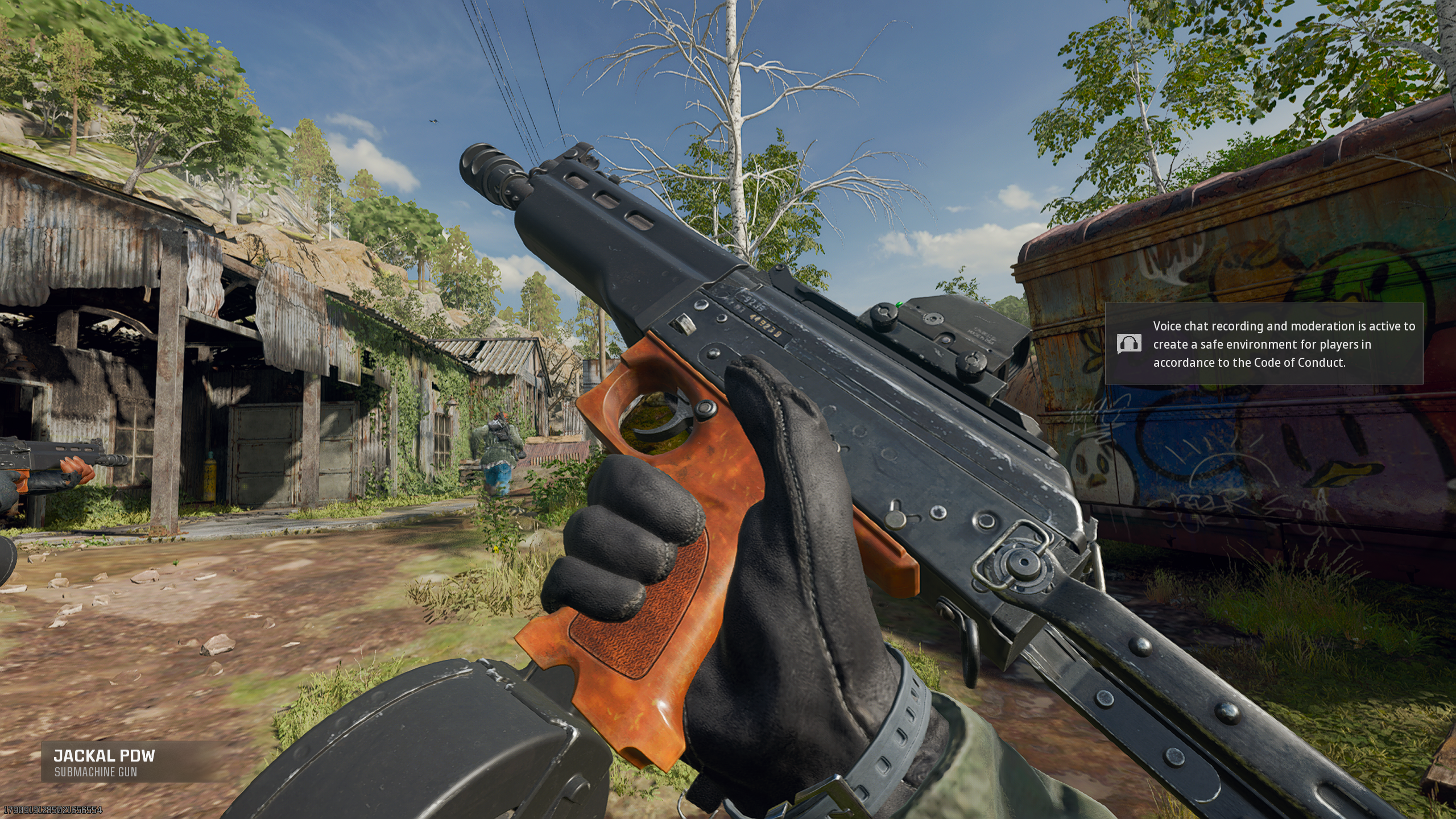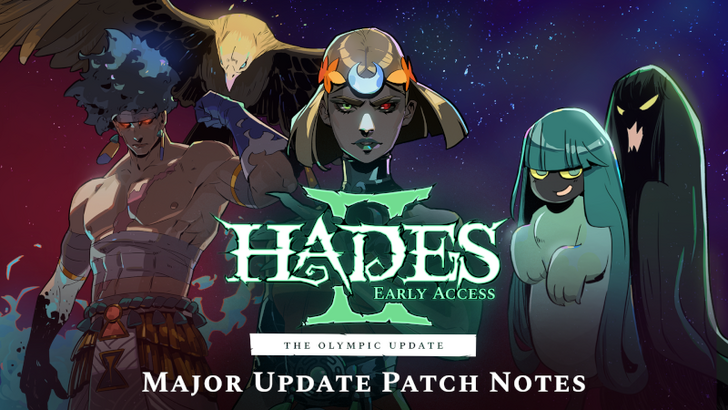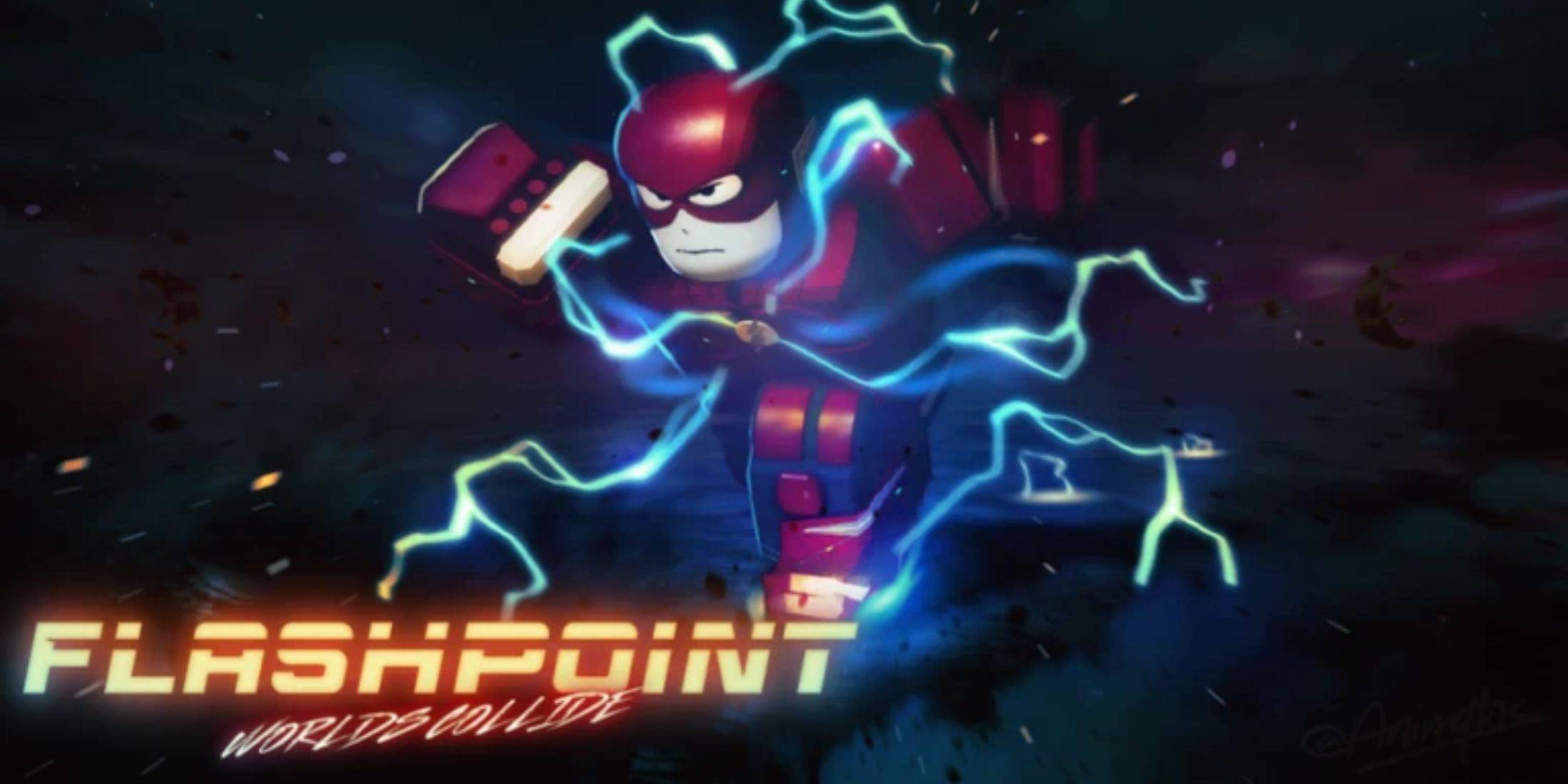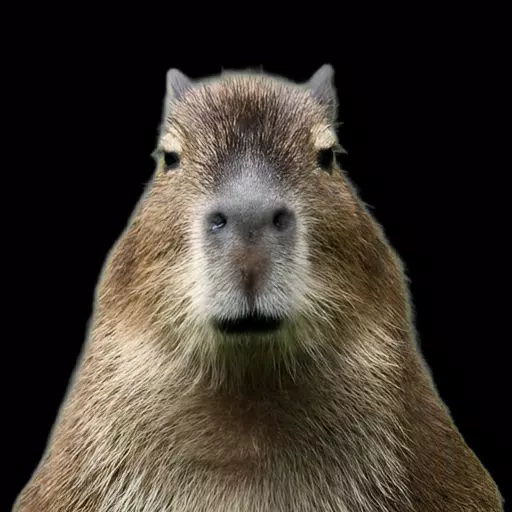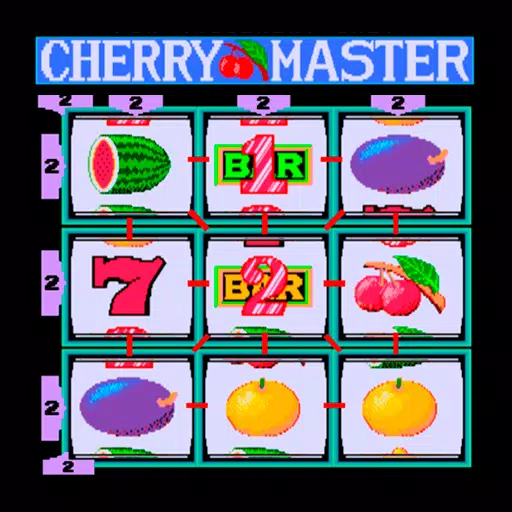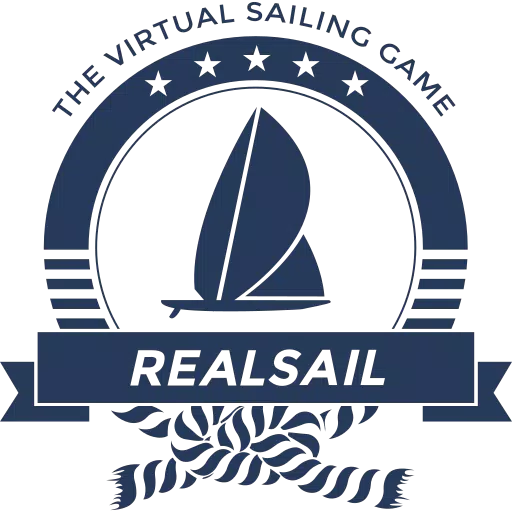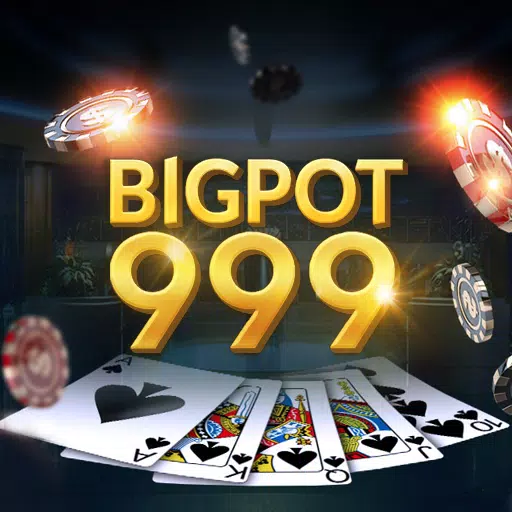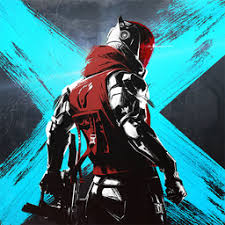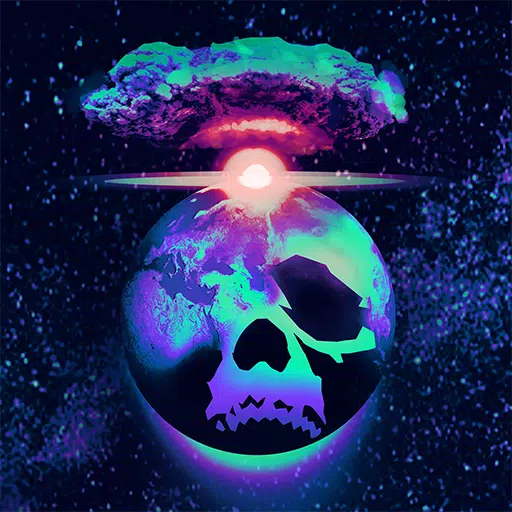Marvel Gaming Universe Concept Similar to MCU Proposed but Unfunded
The Marvel Cinematic Universe (MCU) has revolutionized entertainment with its interconnected films and TV shows, creating a seamless narrative that has captured audiences worldwide. However, Marvel video games operate independently, with titles like Insomniac’s Marvel’s Spider-Man and Eidos-Montreal’s Marvel's Guardians of the Galaxy existing in separate universes. Upcoming games such as Marvel 1943: Rise of Hydra, Marvel's Wolverine, and Marvel’s Blade also stand alone, lacking any shared continuity.
Yet, there was once an ambitious plan at Disney to establish a Marvel Gaming Universe (MGU), mirroring the success of the MCU. This intriguing concept aimed to weave Marvel video games into a cohesive narrative, but it never came to fruition. What led to its demise?

On The Fourth Curtain podcast, hosts Alexander Seropian and guest Alex Irvine shed light on the MGU. Seropian, a key figure in the development of Halo and Destiny at Bungie, later led Disney’s video game division until 2012. Irvine, a veteran Marvel game writer, recently contributed to Marvel Rivals. Both discussed the unrealized potential of the MGU.
Irvine recalled, “When I first started working on Marvel games, there was this idea that they were going to create a Marvel gaming universe that was going to exist in the same way that the MCU did. It never really happened.” Seropian, who spearheaded the initiative, added, “When I was at Disney, that was my initiative, ‘Hey, let’s tie these games together.’ It was pre-MCU, but it didn’t get funded.”
Irvine, with his experience in alternate reality games (ARGs) like I Love Bees, envisioned an MGU with interactive elements. He explained, “That was so frustrating because we came up with all these great ideas about how to do it. I was coming out of ARGs at that point and thinking, ‘Wouldn’t it be cool if we had some ARG aspects?’ There would be a place where players could go that all the games touched, and we could move them back and forth from game to game. We could link in comics, we could loop in anything, we could do original stuff. And then, as Alex said, it didn’t get funded. So we made a bunch of games.”
The MGU's failure to launch stemmed from its complexity, which deterred Disney's decision-makers. Irvine noted, “Even back then, we were trying to figure out, ‘If there’s going to be this MGU, how is it different from the comics? How is it different from the movies? How are we going to decide if it stays consistent?’ And I think some of those questions got complex enough that there were people at Disney who didn’t really want to deal with them.”
It's fascinating to speculate on what could have been if the MGU had been realized. Perhaps Insomniac’s Spider-Man games would have shared a universe with Square Enix’s Marvel's Avengers and Marvel's Guardians of the Galaxy, featuring crossover events and a culminating saga akin to the MCU's Endgame.
Looking forward, questions linger about Insomniac's upcoming Marvel's Wolverine game. Will it share the same universe as Marvel's Spider-Man? Could there be cameo appearances from other characters? Unfortunately, the MGU remains a what-if scenario, a missed opportunity that might have transformed the landscape of Marvel video games.
Latest Articles



